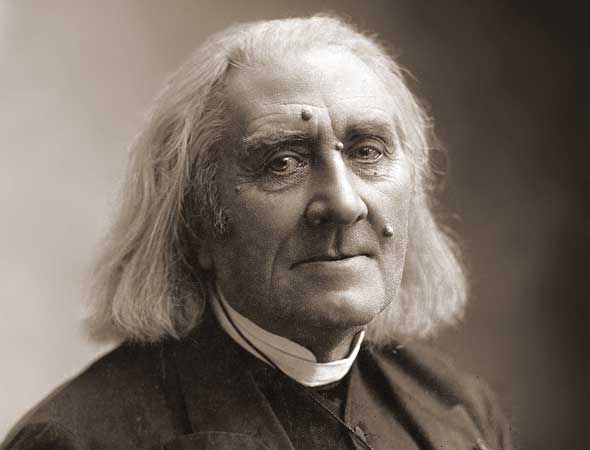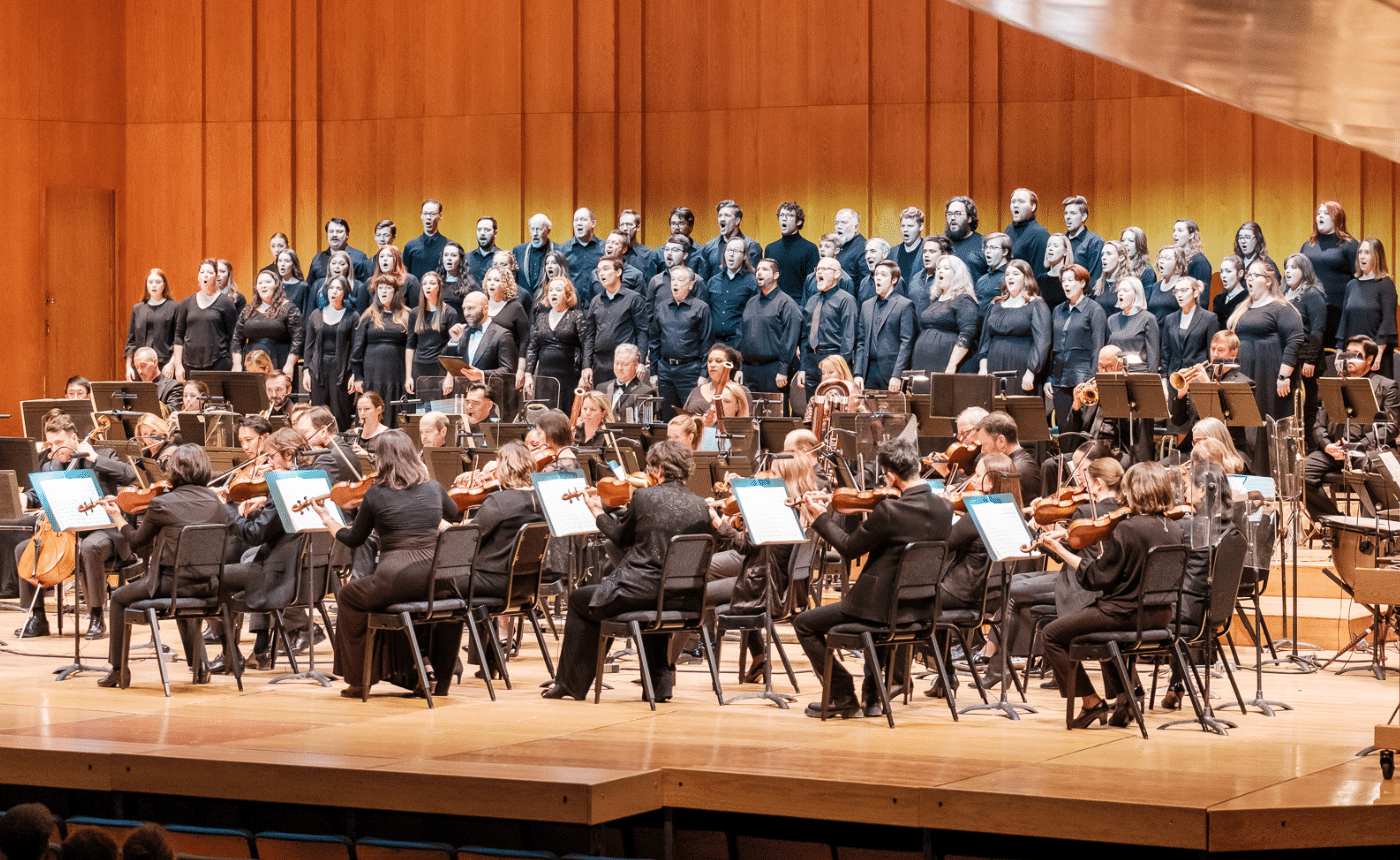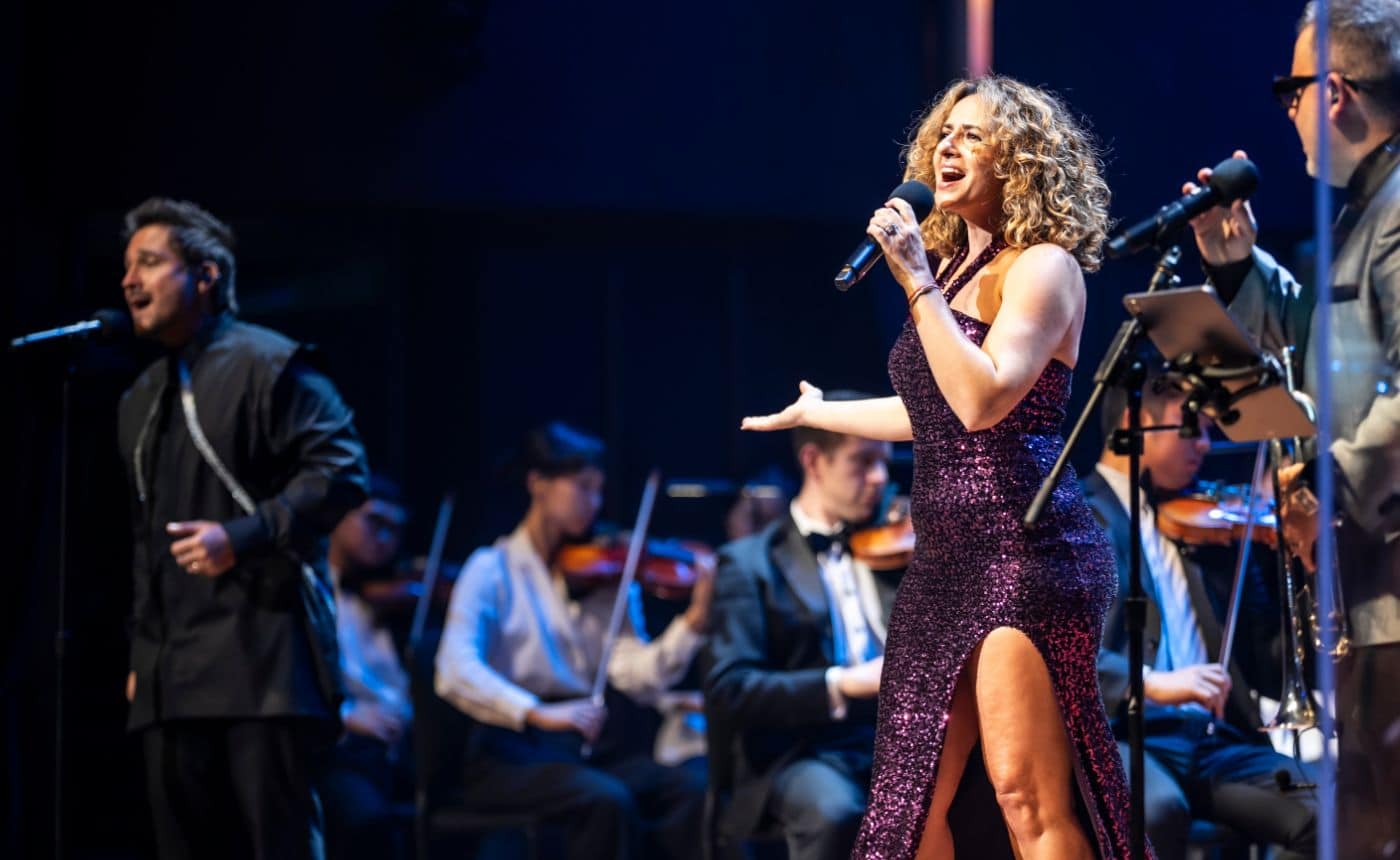05 Jan 2019
Liszt – Hungarian Rhapsody No. 4 in D minor

Franz Liszt
ORCH. LISZT & DOPPLER
The structure of each rhapsody is freely based on the Hungarian verbunkos, a dance that cycles through several changes in tempo, typically ending with a swirlingly rapid step reminiscent of a tarantella. Sudden alternation between slow and fast tempos add to the drama throughout each rhapsody. Liszt also makes use of the traditional Hungarian Gypsy scale, creating a deeply “authentic” ethnic sound. This is spirited music!
In arranging the rhapsodies for the orchestra, Liszt preserved their virtuosic character. With Wagner, whom he championed, Liszt was a key figure in expanding the size of the orchestra, introducing new instruments, and using instruments in novel ways.
Tags











